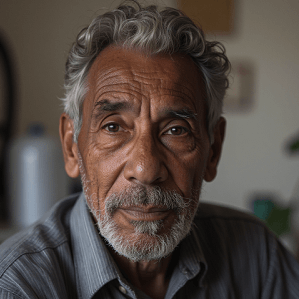A recent study from the University of Ottawa and the University of Manitoba highlights the critical impact of language barriers on cardiovascular health. The research, published in JAMA Network Open, reveals that patients with hypertension who receive care from doctors speaking their preferred language are significantly less likely to experience major adverse cardiovascular events, such as heart attacks or strokes.
The study analyzed data from 124,583 respondents speaking nearly 100 different languages. It found that patients whose doctors spoke their preferred language were 36% less likely to suffer from major cardiovascular events and 28% less likely to die from any cause compared to those whose doctors did not speak their language. Michael Reaume, the study’s lead author, emphasized the importance of addressing language barriers in healthcare, stating, “If there was a new medication that decreased the risk of major adverse cardiovascular events by 36% or all-cause mortality by 28%, this medication would immediately be offered to our patients.”
These findings underscore the broader issue of health disparities, particularly among minority communities where language barriers are more prevalent. The study calls for systematic collection of patients’ preferred languages and matching them with healthcare providers proficient in those languages. This approach could significantly improve cardiovascular outcomes and overall population health.
Addressing language barriers in healthcare is crucial for ensuring equitable access to quality care. By implementing strategies to overcome these barriers, healthcare systems can better serve diverse populations and reduce health disparities.
See: “Language barriers in health care: Patient-doctor common tongue key to decreasing cardiovascular disease and longer life” (February 21, 2025)



